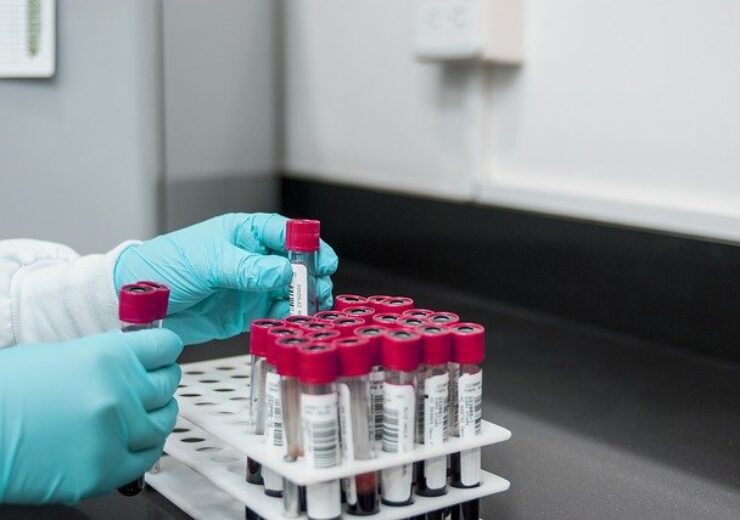Prolaris is most clinically significant prognostic parameter of outcomes at time of diagnosis

Myriad Genetics’ Prolaris® test to Guide Treatment for Prostate Cancer. (Credit: fernando zhiminaicela from Pixabay.)
Myriad Genetics, Inc. (NASDAQ: MYGN), a leader in genetic testing and precision medicine, announced today additional data further validating the prognostic power of its Prolaris® test and its ability to help accurately predict which men with more aggressive prostate cancer will benefit from intensification of therapy and which patients may safely avoid such treatments. This second validation study was presented during an oral presentation at the American Society of Clinical Oncology Genitourinary Cancer Symposium (ASCO-GU) by Jonathan Tward M.D., Ph.D, associate professor in the Department of Radiation Oncology at the University of Utah.
According to estimates by the American Cancer Society, 248,530 new cases of prostate cancer are expected to be diagnosed this year in the U.S. While early screening tests have helped reduce the mortality rate, they can often result in overdiagnosis and overtreatment of a disease that is clinically insignificant. The Prolaris test can more accurately predict the aggressiveness of the cancer allowing for more precise treatment and avoidance of more intense therapies with a patient’s parallel morbidities.
“There are many viable treatment paths for men with prostate cancer,” said Dr. Tward. “This new data helps distinguish the most appropriate personalized treatment path for each patient based on how their specific tumor is behaving. For some men, this means being able to avoid overtreating patients with therapies including hormone treatment that can momentously impact their quality of life, while still appropriately treating their prostate cancer.”
The new data comes from a second study following previous data, recently published in Clinical Genitourinary Cancer in January 2021, that incorporated men treated surgically or with radiation therapy. This new study combined a Prolaris molecular risk score threshold with a clinical model for predicting a patient’s benefit from androgen deprivation therapy. Prolaris determined that about one of every two men with unfavorable intermediate-risk and one of every five men with high-risk prostate cancer are below the proposed threshold associated with aggressive disease and can therefore safely be treated with less intense therapy while maintaining the benefits of treatment. Additional key findings revealed that the Prolaris test was an accurate predictor of progression to metastatic disease.
“Myriad Genetics was the first company to offer a test that directly measures the molecular biology of an individual patient’s prostate cancer,” said Todd D. Cohen, M.D., vice president of Medical Affairs for Urology at Myriad Genetics. “This study by Dr. Tward and his team is another strong validation of the prognostic power of the Prolaris test and our ongoing commitment to providing healthcare professionals with the tools needed to determine the most effective treatments and monitoring strategies for each patient.”
In March 2020, the National Comprehensive Cancer Network updated its professional guidelines to include biomarker testing for unfavorable intermediate and high-risk patients with prostate cancer. With the updated guidelines, Prolaris was one of only two prognostic tests to be considered for those expanded indications. Approximately 60% of men with prostate cancer currently have insurance or Medicare access to Prolaris, and Myriad continues to work toward expanding access so that every man who is facing difficult treatment decisions will be able to utilize the full benefits of the test.
About Prolaris
Prolaris is a genetic test developed by Myriad Genetics that directly measures tumor cell growth. The Prolaris test paired with other clinical and pathologic variables provides the level of aggressiveness of a patient’s individual prostate cancer and assesses risk of death or the development of metastatic disease from prostate cancer.
Source: Company Press Release
